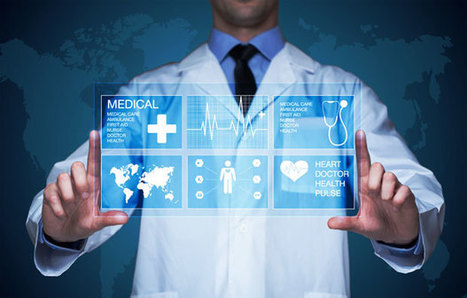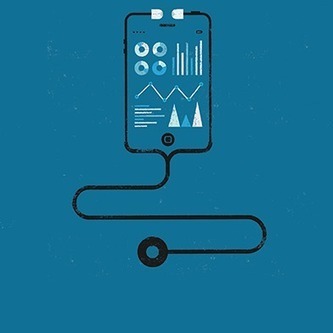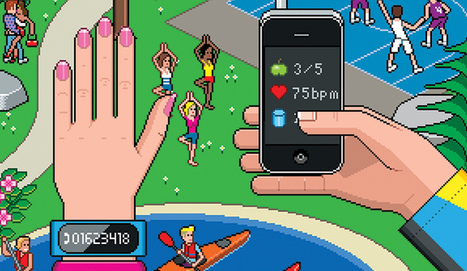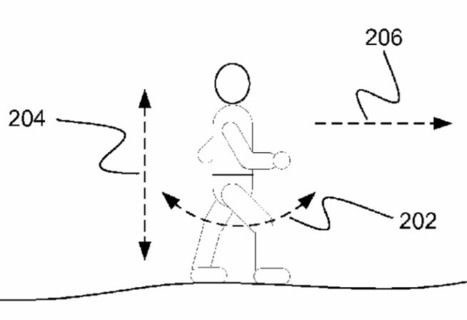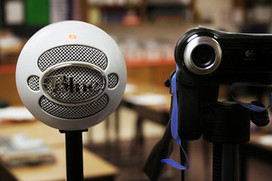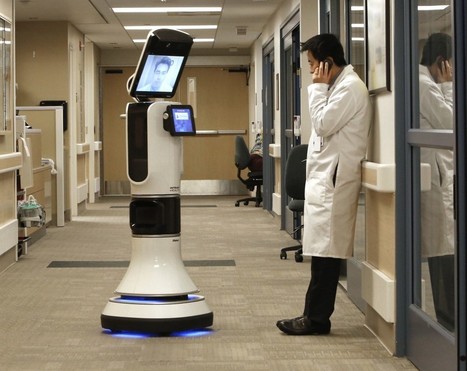72% of consumers across the eight countries are willing to see a doctor via telehealth video conferencing for non-urgent appointments, according to Intel survey.
The study, “Intel Healthcare Innovation Barometer” was conducted across eight countries by Penn Schoen Berland in Brazil, China, France, India, Indonesia, Italy, Japan and the United States from July 28 to Aug. 15, 2013 among a representative sample of 12,000 adults ages 18 and older.
The findings concludes that most people are optimistic about technology innovations advancing healthcare, are open to sharing healthcare information for the greater good and receptive to using sensors for personalized care.
As the technology of remote patient monitoring solutions and mobile health applications improve, consumers now have the ability to connect with their providers in a variety of ways to embrace new behaviors
Other key findings of the Intel Healthcare Innovation Barometer include:
Improving Personal Care and Self-Monitoring with Technology
Sixty-six percent of people say they would prefer a personalized healthcare regimen designed specifically for them based on their genetic profile or biology.Fifty-three percent of people say they would trust a test they personally administered as much or more than if performed by a doctor.
Sharing Anonymous Digital Health Records for the Common Good
People are more willing to anonymously share their health records or genetic information than their banking information or phone records.More than three-quarters (76 percent) of respondents over the age of 55 would be willing to anonymously share results of lab tests or health monitoring to contribute to research databases compared with 64 percent of millennials.India is the country most willing to share healthcare information to aid innovation.
Emerging Technology Tools for Increased In-Home Health Management
Half of those surveyed would trust a diagnosis delivered via video conference from their doctor.Seventy-two percent are receptive to communication technologies that allow them to remotely connect to their doctor.The innovation least likely to be incorporated by the global population is a robot performing surgery.Almost half of respondents (43 percent) globally would trust themselves to monitor their own blood pressure and other basic vitals.
more at
http://www.hitconsultant.net/2013/12/11/72-of-consumers-are-willing-to-see-a-doctor-via-telehealth-video-conferencing/
Via
nrip



 Your new post is loading...
Your new post is loading...

